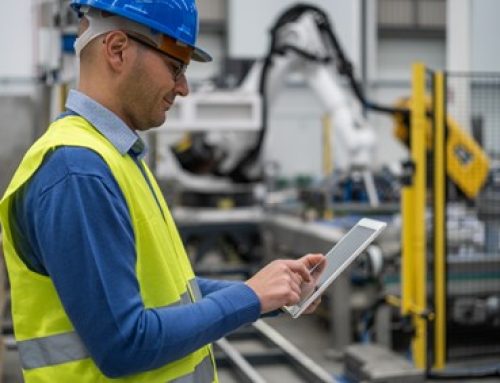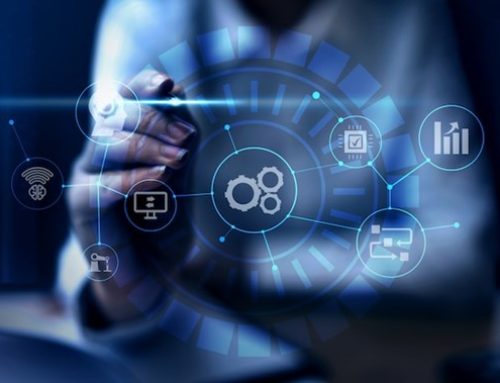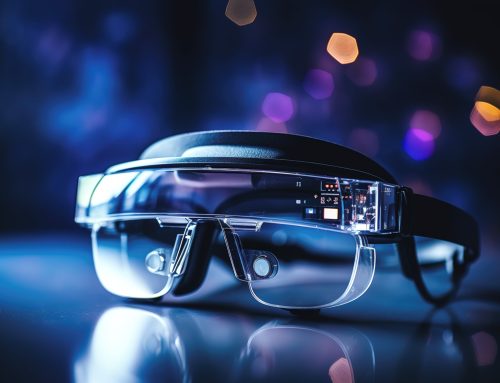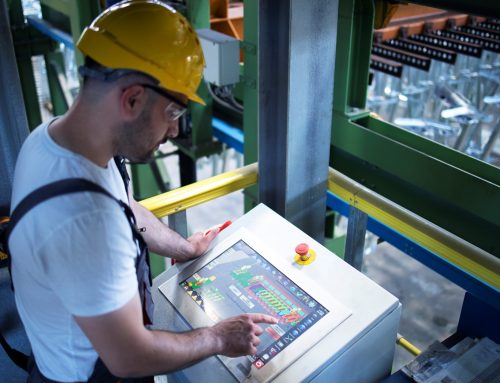Hi! Yeah, after almost 2 years just at home, I traveled with my boys and wife to Foz do Iguaçu, to see the famous waterfalls! There, I went through some situations that led me to think about IOT and how this new wave could drastically change our lives in the coming years!
Shall we exchange knowledge on this topic?
The internet of things in industry is related to using sensors to collect data from machines and equipment with the main objective of improving their performance.
Challenges of the IoT
1- Possibility of using sensors that can obtain data from modern equipment that, often, already have an embedded technology;
2- How to make analog data from older machinery to be transformed into digital data and sent to asset performance management systems, better known as APM.
3- Integration processes between machines, sensors and software.
Among companies implementing IoT projects, 55% use a professional services company or systems integrator, due to lack of internal experience (78%), staff shortages (72%) or complex technologies (71%).
With 92% of senior information technology decision makers surveyed agreeing that total enterprise digitization will be more important after COVID-19, the role of the IoT integrator is critical. This importance is reinforced by the digital skills gap, which is the main reason companies hire integrators.
According to IoT Analytics’ IoT Enterprise Spending Dashboard, spending on IoT integrators and professional services increased in 2021. The IoT professional services market is expected to grow from $32 billion in 2020 to $92 billion in 2026.
Several trends are driving demand for these services
1. Cloud computing – for many companies, sending data to the cloud is more complicated than it appears;
2. New connectivity and hardware settings. Transitioning to 5G or low-power wide area networks, for example, and the replacement and continuous integration of edge computing devices – more powerful as part of hardware retrofits;
3. Scaling IoT projects. Some projects are scaling to countless devices. This is complicated and often requires outsourcing operations to service providers;
4. Rationalization and data analysis. System integrators are often called upon to connect data streams and enable new software tools to take advantage of artificial intelligence (AI) and machine learning.
At this rate, the IoT professional services market is poised to overtake the IT professional services market.
The list of integrators exceeds over 700 companies, with a workforce of 8 million professionals.
IoT integrators focus on different parts of the value chain: industries, regions and technologies. Finding the right IoT integrator for a project can be tricky. Today, this IoT integration market is led by large global IT and operational technology (OT) companies such as Tata Consulting (TCS), Wipro, Cognizant, and Accenture.
Other large software or hardware companies also have dedicated IoT integration teams (eg IBM, Bosch and Siemens). Finally, traditional consultancies and consulting firms such as PWC, McKinsey, BCG and EY provide professional IoT services.
IoT Analytics has identified four IoT systems integration services: strategy consulting, solution design, integration, and managed operations/services.
There is a certain complexity and breadth of the IoT integration landscape. Few integrators can do it all, but there is always someone focused on a niche, like asset management.
Shall we talk more about this? Leave your comment and I will respond as soon as possible. Big hugs and until the next post.






Leave A Comment